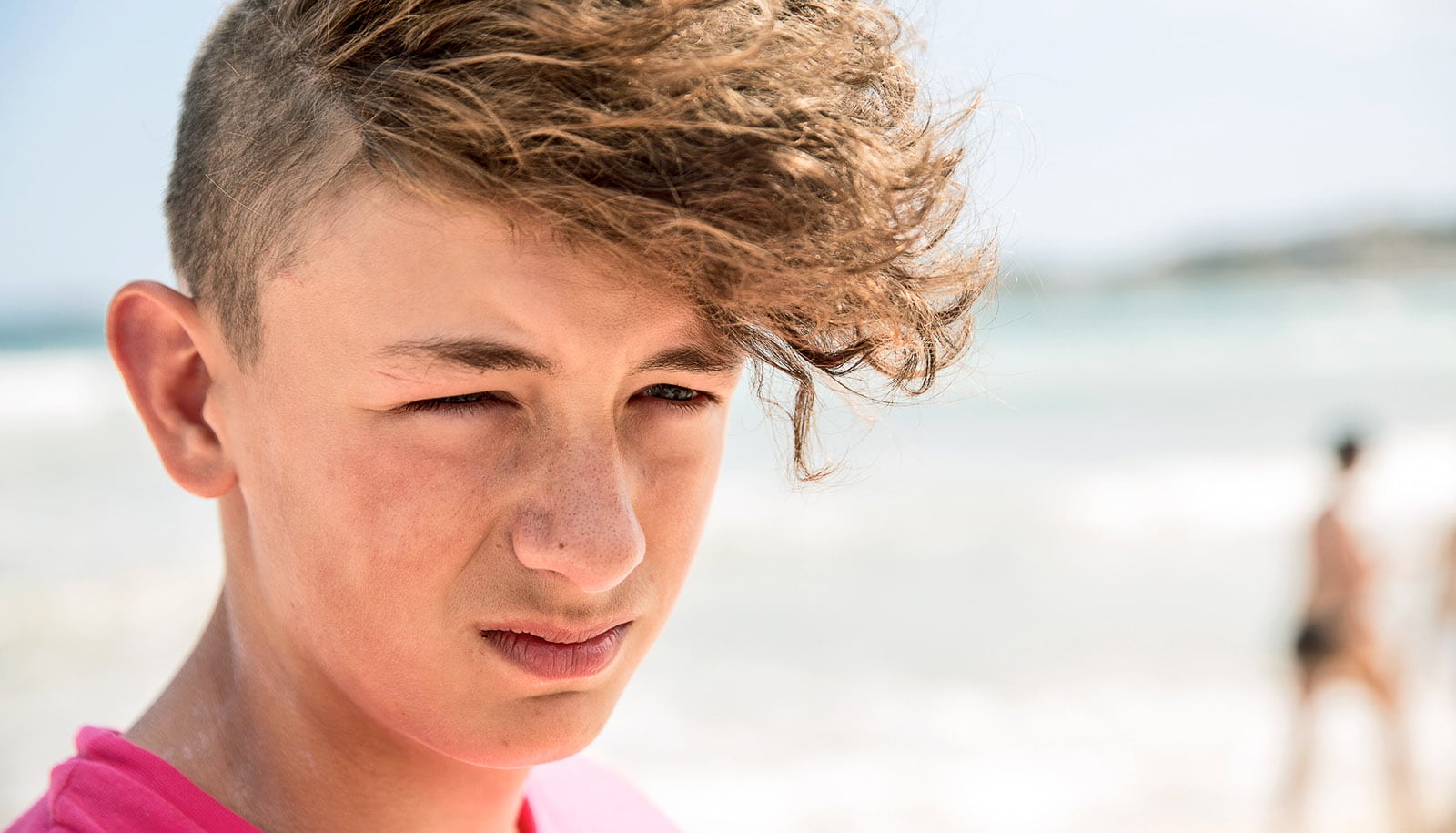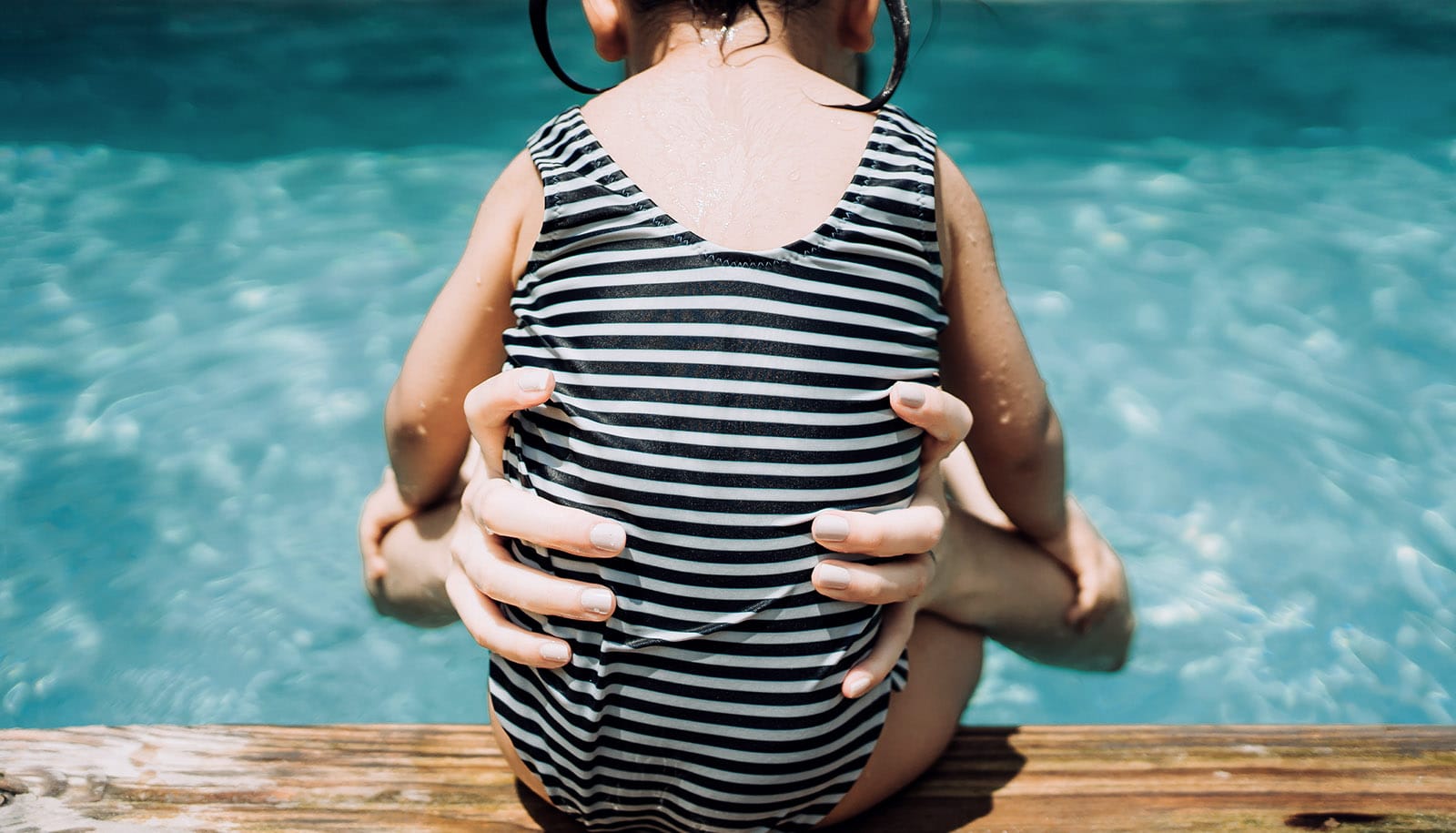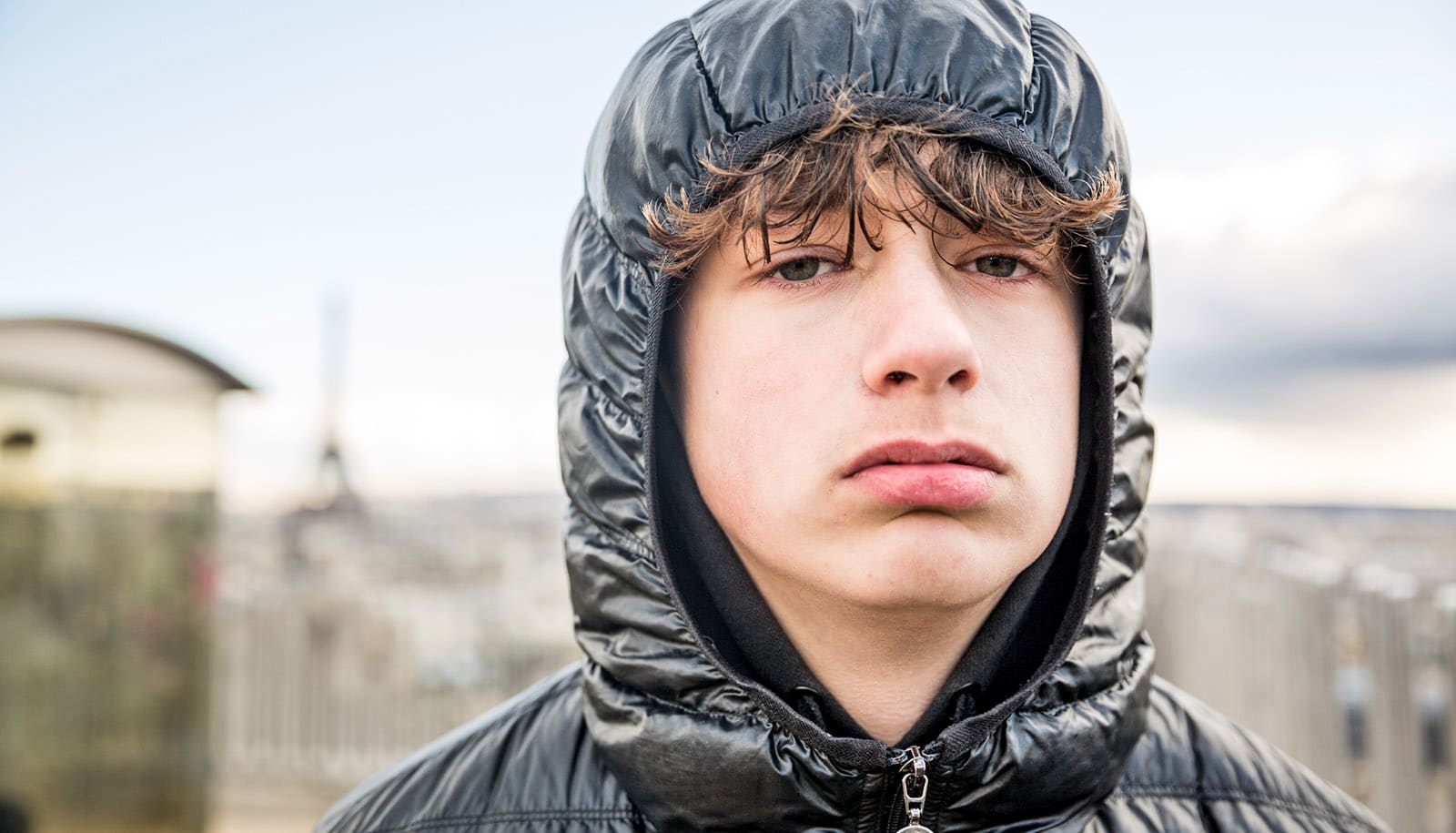As children and teens head into summer break, how can parents nurture their mental health?
Parenting researcher Matthew Mulvaney, associate professor at Syracuse University’s Falk College of Sport and Human Dynamics, has recommendations.
In both his teaching and his research, he seeks to understand the principles by which parents and families support optimal child development.
Here, he answers questions about suicide risk, social media, spanking, and related topics:
It’s Mental Health Awareness Month. This article mentions how parenting style can significantly influence a child’s mental health. What would you encourage parents to think about when they read articles like these?
Certainly, parental hostility is an important determinant of child mental health and that has been shown in the strongest longitudinal research designs available to us. I think that the challenge of communicating that harm is that many of the parenting behaviors described here are still very normative parental behaviors and as such parents don’t consider the potential harm to their kids.
In particular, the physical discipline that is described in this article is one of the most relevant components—many parents were spanked growing up and do not think that it has any negative impact on kids. Indeed, many parents view it favorably. It is safe to say though that this type of hostile parenting can have long-lasting impacts. Parents should note that the research is clear—hostility, even culturally sanctioned hostility, impacts kids and leads to a host of negative mental health outcomes. Probably a key mechanism is in its impact on the parent-child relationship, which has cascading effects in both being a direct impact on child well-being but also reducing the ability of parents to serve as resource or support to help manage other stressors that might impact mental health.
I think the more that parents can be mindful of their actions and put themselves in the shoes of their kids in order to think about how their kids might be receiving the parenting behaviors is the best thing they can do to try to minimize the hostility in their encounters. Try to remember what it felt like to be hit or yelled at when they were kids. One additional key point is that hostility is that it doesn’t even need to be as overt as the behaviors described here to be damaging—an eyeroll or a scowl at the wrong time can also really impact children.
Suicide rates in young adults and children are increasing. What should parents be doing to promote the mental health of their children? What signs should they look for since many say those who commit suicide may not show any signs?
I think that since I am not a clinician, I would be wary of communicating direct markers for suicide risk. It would be safe to say though that the more parents can be attuned to their children’s mental health and changes in mental health the better for a whole host of reasons, including with respect to suicide prevention.
I would also note there is growing evidence that the increased suicide rates are linked to increased exposure to social media. The numbers spiked after 2012, which was the turning point when the majority of kids began to have smartphones and there is a strong correlation between time spent on devices and risk for suicide ideation. While I think that the risks for social media and teen’s well-being is beginning to become more broadly known, I am not sure parents still know just how striking the research is regarding time on social media and risk for suicide ideation.
How do you have a conversation about suicide with a child?
As with all difficult conversations, it is important to be proactive with kids, particularly as they enter adolescence. Most parents just adopt an approach where they approach difficult topics when/if they come up. Obviously it is important to have conversations if there is a suicide attempt in the community or if prominent figures experience something like that but it is also important to have conversations along the way. However, as the signs for suicide may not be particularly evident, it is important to begin to talk with kids early in their adolescent years and communicate it to them. As with other difficult conversations, it also needs to be ongoing, with periodic check-ins and building up the information over time as children age.
As kids get older, their awareness and perceptions of suicide will change significantly so it is important to continue to build off their growing awareness of the topic and the direct or indirect experiences that they have. So it’s not just about the initial content or introducing it but about opening up the lines of communication to have ongoing conversations about this difficult topic.
Could parents posting their kids online at a young age affect their children’s mental health in the future if they were go back and see posts? Is this something parents should begin to worry about and be conscious of?
This is an interesting phenomenon that certainly seems to be important; but, it is also an understudied phenomenon. Certainly, I don’t think the sharing of media is all negative and I think a lot of kids would feel happy that their parents were proud of them to share their children’s experiences online. However, I would pull on other work to note how this could have implications for children’s perceived autonomy and voice in actions that impact them. Children should have a say in things that directly impact them and this is an area where that might be particularly true. I think that children should be part of the conversation from an early age about what they feel comfortable having shared online. It’s really about their integrity and wishes.
Without their consent or in worse cases where parents go against the wishes of their children to post information online, it would be my sense that the children would feel violated and powerless. These feelings of control are important I think for mental health—there is a long literature going back that shows how increased perceptions of control are positively associated with mental health outcomes for adolescents. As these posts may be available for a long time, it is also important to note that the experiences might bring up complicated feelings in the future, maybe in the same way that social media does now for kids. If children are self-conscious about their own social media posts and others’ reactions to the information, that may also be true when looking back on the posts of their parents. As just one of many examples, children might compare differences in the frequency and tone of posts across siblings which could potentially produce complicated feelings.
The frequency with which parents are posting this information this does make it an important topic for parents to consider in how they communicate about their children and in thinking about how/when to get their consent from their children when they are posting information.
Source: Syracuse University



